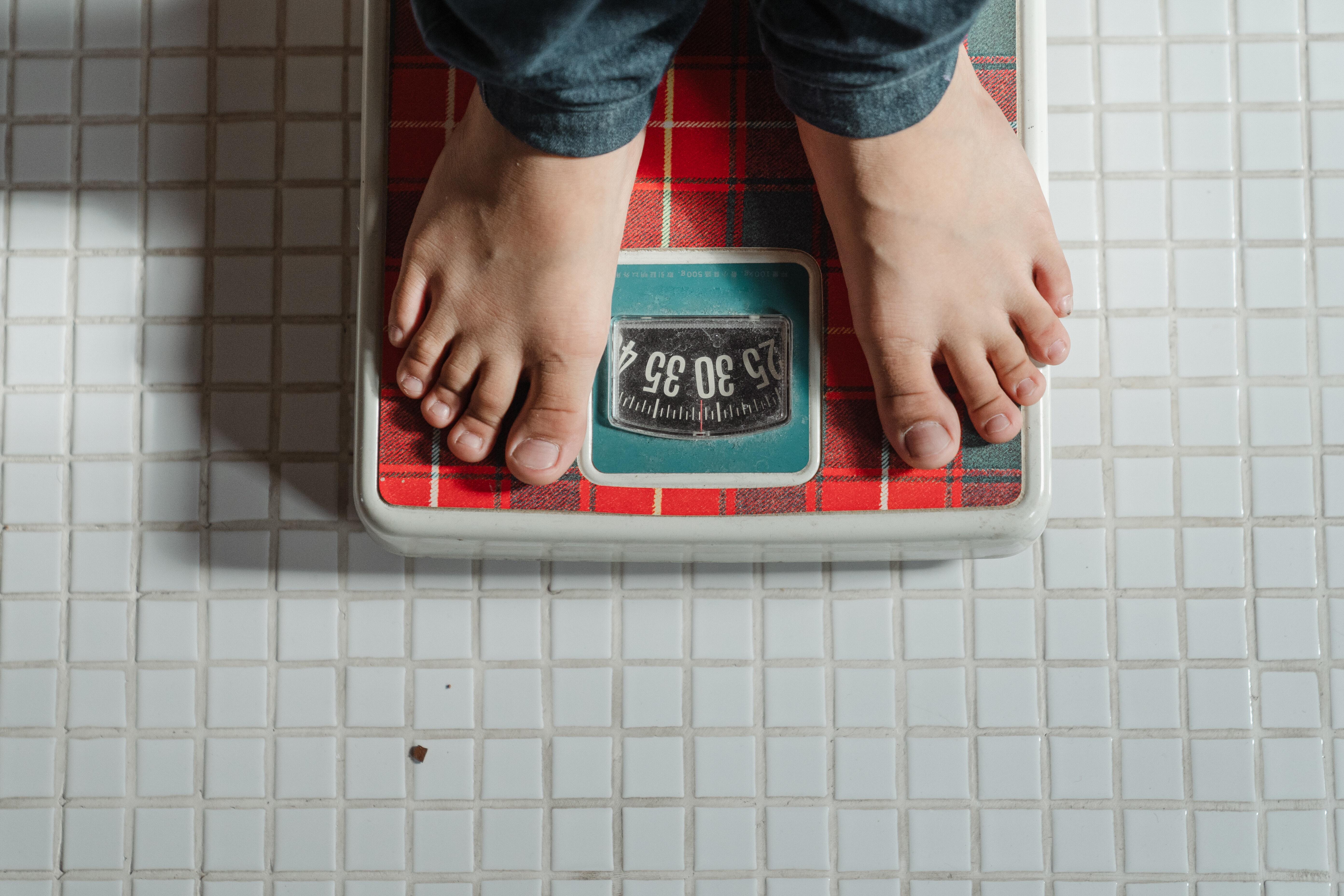#ad [recommended product]
Introduction
In the rapidly growing field of health and wellness, alpha-lipoic acid (ALA) has gained attention as a promising aid in managing elevated blood sugar levels. But with so much information out there, it’s easy to get your wires crossed. So, what’s the real story? Does ALA lower blood sugar, or is it just another supplement in a crowded market? The short answer is, it’s complicated, but promising. Let’s take a good, hard look at what the science says about this fascinating antioxidant.
Effectiveness of ALA in Lowering Blood Sugar
When it comes to managing blood sugar, every little bit helps. And for those looking for a natural approach, ALA has certainly piqued a lot of interest. But how effective is it, really? Let’s break it down.
Mechanism of Action
To understand how ALA might lower blood sugar, we need to get a little nerdy and look at how it works in the body. At its core, ALA is a powerful antioxidant, meaning it helps protect your cells from damage. But its benefits don’t stop there. Here’s how ALA is thought to influence blood sugar levels:
- Improved Insulin Sensitivity: One of the key ways ALA may work its magic is by improving insulin sensitivity. Think of insulin as the key that unlocks your cells to let glucose in for energy. In people with insulin resistance, that key doesn’t work so well. ALA appears to help the key fit the lock better, allowing your body to use insulin more effectively.
- Enhanced Glucose Uptake: Studies suggest that ALA can help your muscle cells take up more glucose from the bloodstream. This is a big deal because it means less sugar is left floating around in your blood, where it can cause problems.
- Antioxidant Power: High blood sugar can lead to a state of oxidative stress, which is a fancy way of saying your body has an imbalance of free radicals and antioxidants. ALA, being a potent antioxidant, helps to neutralize these harmful free radicals, which in turn can improve overall metabolic health.
Clinical Research Results
What do the studies say? The research on ALA and blood sugar has been a bit of a mixed bag, but there are some encouraging findings.
Several smaller studies have shown that ALA can indeed improve insulin sensitivity and lower blood sugar levels in people with type 2 diabetes.
However, the results have been a little inconsistent. Some studies have shown a modest benefit, while others have found no significant effect. It’s also worth noting that many of the studies have been small, so we need more large-scale, long-term research to draw any firm conclusions. The bottom line? The jury is still out, but the evidence we have so far is certainly intriguing.
Dosing
If you’re considering giving ALA a try, you’re probably wondering how much to take. The truth is, there’s no one-size-fits-all answer, as the optimal dose can vary depending on the individual and the reason for taking it.
In studies looking at blood sugar control, doses have typically ranged from 600 to 1,800 milligrams per day. It’s generally recommended to start with a lower dose and gradually increase it to see how your body responds. And, as always, it’s a good idea to chat with your doctor before starting any new supplement.
Comparable Efficacy to Other Similar Treatments
So, how does ALA stack up against other blood sugar-lowering treatments? When it comes to natural supplements, ALA is often compared to things like berberine and cinnamon. While all of these have shown some promise, it’s tough to say which one is “best,” as they all work in slightly different ways.
In the world of prescription medications, ALA is sometimes mentioned in the same breath as metformin, a common drug for type 2 diabetes. While some animal studies have suggested that ALA may have comparable effects to metformin in certain situations, it’s important to remember that ALA is a supplement, not a drug. It should never be used as a replacement for any medication prescribed by your doctor.
Safety Profile of Alpha-Lipoic Acid
As with any supplement, it’s important to be aware of the potential side effects and interactions. Here’s what you need to know about the safety of ALA.
Adverse Effects
The good news is that ALA is generally considered safe for most people when taken at recommended doses. The most common side effects are usually mild and can include:
- Nausea
- Skin rash
- Dizziness
In rare cases, high doses of ALA can cause more serious side effects, such as a dangerous drop in blood sugar (hypoglycemia).
Drug Interactions
If you’re taking any medications, it’s especially important to talk to your doctor before taking ALA. Here are a few potential drug interactions to be aware of:
- Diabetes Medications: Because ALA can lower blood sugar, taking it with other diabetes medications could increase your risk of hypoglycemia.
- Thyroid Medications: ALA may interfere with thyroid hormones, so if you have a thyroid condition, be sure to consult with your doctor.
- Chemotherapy Drugs: There is some concern that ALA could interfere with certain chemotherapy drugs, so it’s best to avoid it if you’re undergoing cancer treatment.
Precautions
While ALA is generally safe, there are a few people who should exercise caution:
- People with Diabetes: If you have diabetes, it’s crucial to monitor your blood sugar closely if you decide to take ALA.
- Pregnant or Breastfeeding Women: There isn’t enough research to say whether ALA is safe for pregnant or breastfeeding women, so it’s best to err on the side of caution and avoid it.
- People with a Thiamine Deficiency: ALA may lower levels of thiamine (vitamin B1), so if you have a thiamine deficiency, you should talk to your doctor before taking it.
FAQs
- Does ALA lower blood sugar immediately? It’s unlikely that you’ll see a dramatic drop in your blood sugar immediately after taking ALA. It typically takes several weeks of consistent use to see any potential benefits.
- Can I take ALA with metformin? Yes, but it’s important to talk to your doctor before taking ALA with metformin or any other diabetes medication. They can help you monitor your blood sugar and adjust your dosages as needed.
- Is R-ALA better than regular ALA for blood sugar? R-ALA is the natural form of alpha-lipoic acid, and some people believe it’s more effective than the synthetic S-ALA form that’s found in many supplements. However, more research is needed to confirm this.
Conclusion
So, does ALA lower blood sugar? The answer, it seems, is a qualified “yes.” While the research is still evolving, there’s a growing body of evidence to suggest that ALA, with its antioxidant and insulin-sensitizing properties, can be a helpful tool in the quest for better blood sugar control. For the best results, ALA should be used as part of a comprehensive approach that includes a healthy diet, regular exercise, and, if necessary, conventional medical treatment. As always, the best course of action is to have an open and honest conversation with your healthcare provider to see if ALA is right for you.
References
- Akbari M, Ostadmohammadi V, Lankarani KB, Tabrizi R, Kolahdooz F, Khatibi SR, Asemi Z. The effects of alpha-lipoic acid supplementation on glucose control and lipid profiles among patients with metabolic diseases: A systematic review and meta-analysis of randomized controlled trials. Metabolism. 2018 Oct;87:56-69. doi: 10.1016/j.metabol.2018.07.002. Epub 2018 Jul 7. PMID: 29990473.
- Ansar H, Mazloom Z, Kazemi F, Hejazi N. Effect of alpha-lipoic acid on blood glucose, insulin resistance and glutathione peroxidase of type 2 diabetic patients. Saudi Med J. 2011 Jun;32(6):584-8. PMID: 21666939.
- Capece U, Moffa S, Improta I, Di Giuseppe G, Nista EC, Cefalo CMA, Cinti F, Pontecorvi A, Gasbarrini A, Giaccari A, Mezza T. Alpha-Lipoic Acid and Glucose Metabolism: A Comprehensive Update on Biochemical and Therapeutic Features. Nutrients. 2022 Dec 21;15(1):18. doi: 10.3390/nu15010018. PMID: 36615676; PMCID: PMC9824456.
Recommended Story For You :

Look weight gain and weight loss are serious concerns of yours and I get it.

Flavourful Vegan Recipes Covering Everything From Burrito Bowls To Chocolate Mousse

The keto diet is not just a diet it is a lifestyle change!

Pizza is Doubly Addictive with Two Morphine-Like Compounds in Every Crusty-Chewy Slice!

Delicious diabetic recipes- over 500 recipes-Desserts-Entrees-Snacks-and more.

An amazing collection of easy and delicious keto recipes.

Homemade Desserts just got quicker easier and smarter.

Boosting your health is easier than you think- smoothies make everything taste better.



Comments
13 responses to “Does ALA Lower Blood Sugar? An In-Depth Examination of the Evidence”
achat kamagra en ligne afin
kamagra remede tarif en pharmacie
how to buy enclomiphene generic tablets
cheapest buy enclomiphene purchase england
buying androxal cheap canada
How to buy androxal online without a perscription
ordering dutasteride generic canadian
how to order dutasteride buy uk no prescription
online order flexeril cyclobenzaprine cheap canada
discount flexeril cyclobenzaprine purchase australia
get fildena generic buy online
buy cheap fildena singapore where to buy
gabapentin overnight without prescription
buy cheap gabapentin cost effectiveness
buy cheap itraconazole price netherlands
order itraconazole without recipe
Next day delivery staxyn with no script
staxyn saturday delivery cod
buy cheap avodart uk london
get avodart how to purchase viagra
how to order rifaximin cheap real
best pharmacy price for rifaximin
cheapest buy xifaxan usa where to buy
how to buy xifaxan canada suppliers
kamagra přes noc krmeno ex
kamagra bez lékařských předpisů